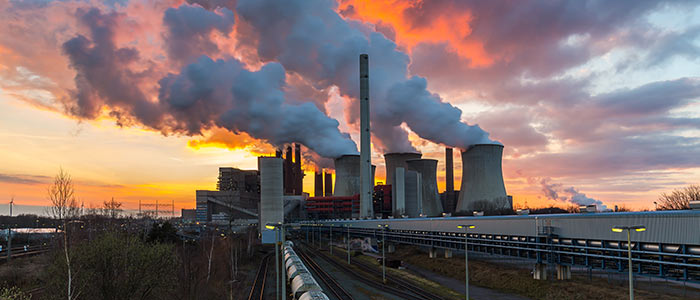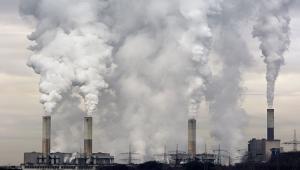Web_GreenhouseGasses_shutterstock_314808188.jpg

Greenhouse gas emissions. Image © Shutterstock
While the potential revenue varies between countries, a report examining 15 developing economies suggested well-designed energy and carbon taxes – alongside cuts to fuel subsidies – could considerably strengthen governments’ abilities to raise money.
“Energy tax and subsidy reform is key to achieving the triple objectives of decarbonisation, domestic revenue mobilisation and access to affordable energy,” the OECD said.
“Developing and emerging economies battling to recover from the Covid-19 crisis with much lower tax revenues than advanced economies would benefit from better-designed energy taxes accompanied by targeted support to low income groups.”
Among the 15 countries examined, all from Africa, Asia, Latin America and the Caribbean, 83% of energy-related carbon dioxide emissions are completely untaxed, compared with 70% among the 44 OECD and G20 countries, according to a 2019 report.
For these developing countries, finding new ways to raise tax is comparatively important, the OECD said, because their tax-to-GDP ratios average just 19%, compared with 34% across OECD countries.
The report suggested carbon tax reform could be “relatively straightforward to implement” in 13 of the 15 territories, because they already have experience with fuel excise taxes.













